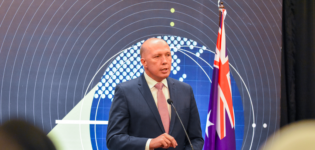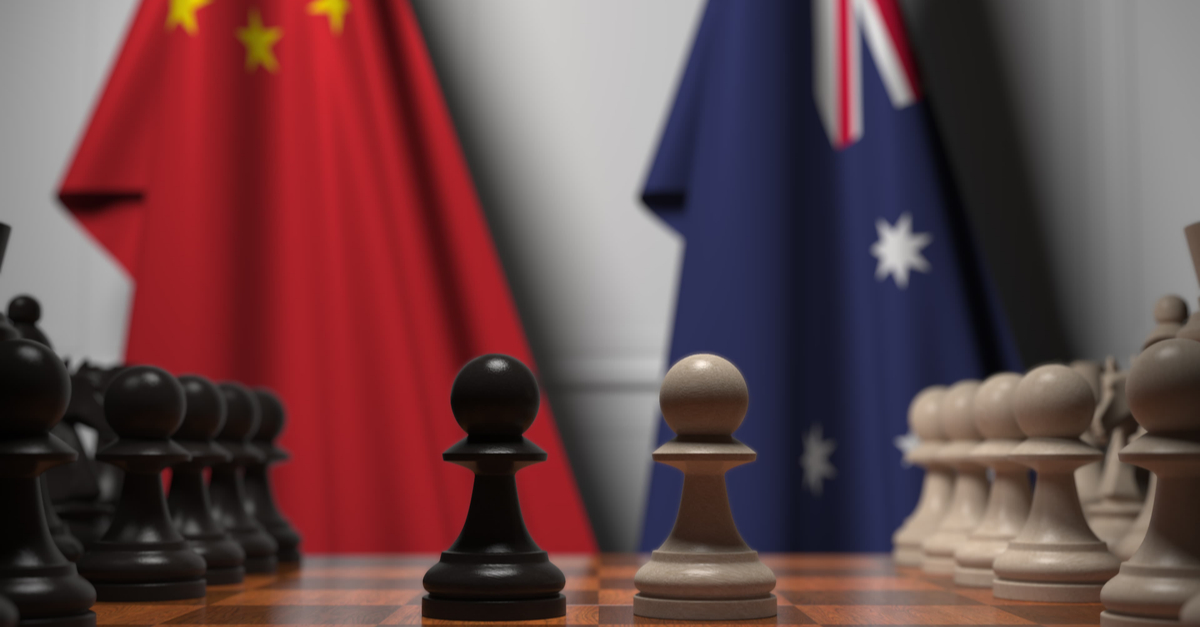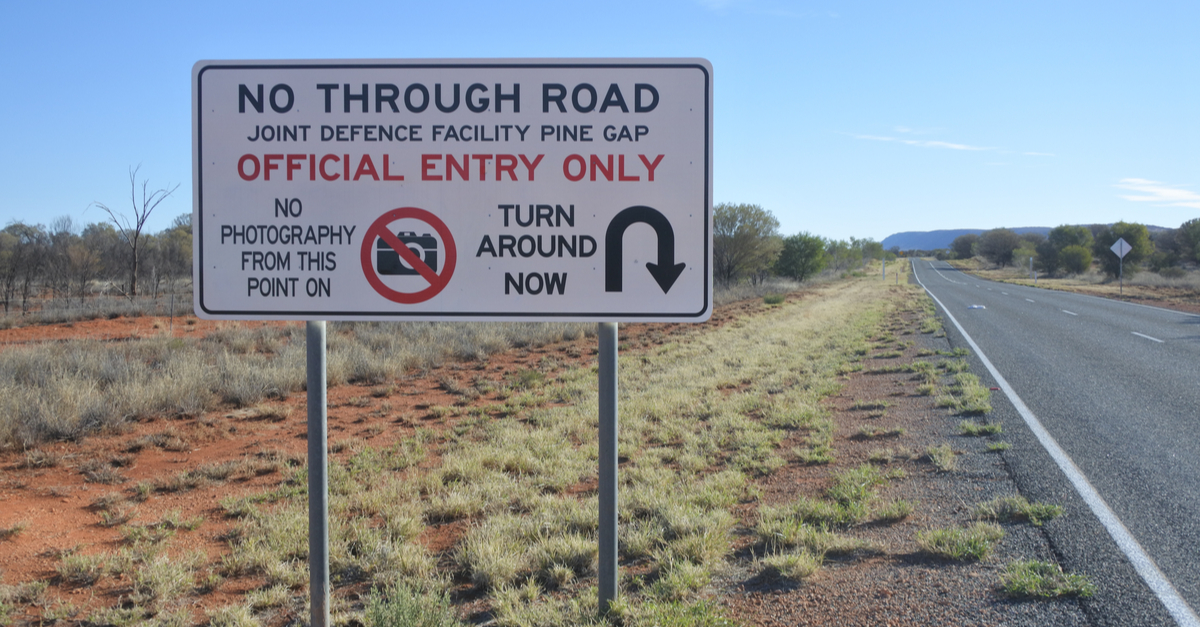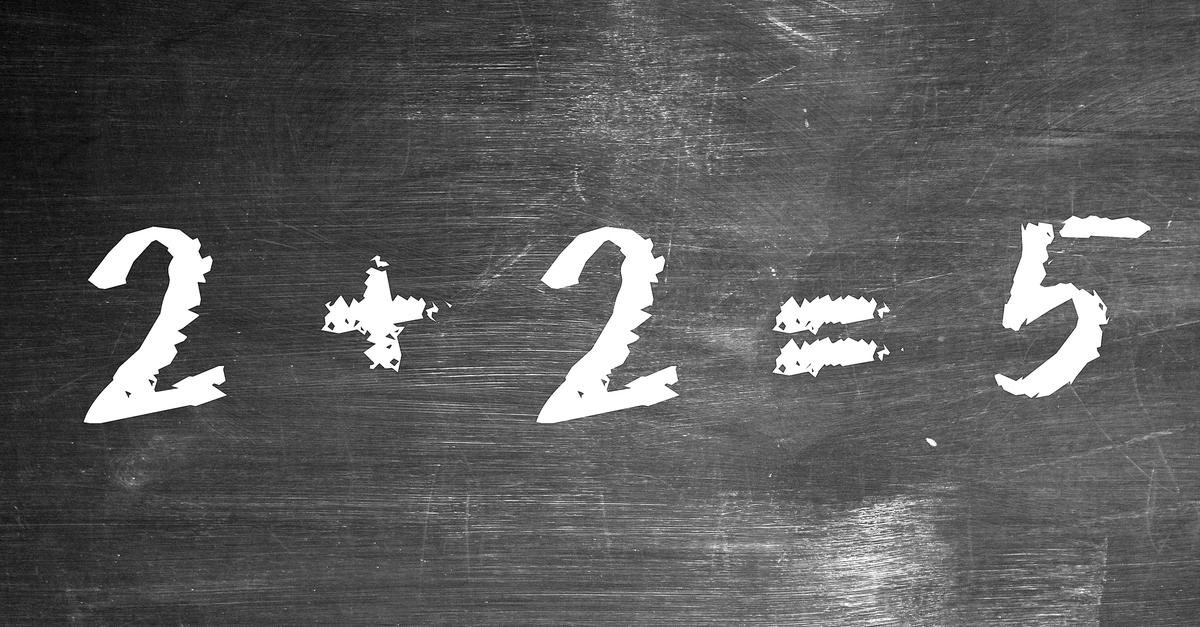Dutton Asserts China Is Now the Enemy, Not Islamic Terrorism

“It is the urgency that gets me,” Sky News journalist Andrew Bolt said to Peter Dutton, in relation to the way the defence minister has handled the portfolio since it was handed to him in late March. “There is no doubt you’ve put it on fast forward after we’ve been meandering for so many years.”
The conservative commentator had Dutton on the Bolt Report on 23 June to assure the public that our nation could deal with an Indo-Pacific threat, despite a recent Rand Corporation analysis of the Australian Defence Force finding it has a lack of capability to deal with a “total defence” situation.
In response to comments about his vigour as defence chief, Dutton again alluded to “grey zone” warfare – hawk code for cyberattacks – that Australia is apparently being subjected to and he added that the Morrison government is currently pouring $270 billion into weaponry over the next decade.
The former home affairs minister assured Bolt that in the event that our nation is attacked by another power in the Indo-Pacific, the US would step in to help. And he further stated it’s this region that’s become the focus of potential conflict, as our time of fearing the Middle East has ended.
As Bolt pointed out, Dutton has been accelerating the speed in which he’s been appearing in the media spruiking a potential war with China. And the pair appearing on TV together last week marks yet another step in the rapidly escalating grooming of the Australian public for war.

“I love the smell of napalm”
Dutton took control of the Department of Defence on 30 March. The media attention that he’d garnered over his time as home affairs minister followed him. And it’s rumoured that his former right-hand-man, home affairs secretary Mike Pezzullo, will be following him over to the war office.
The defence minister commenced fanning the flames of potential conflict with China in early May, when he told the Herald that the nation is already on a war footing, specifically citing the East Asian nation, while he added that the ADF is “prepared for action”.
“We’re already under attack on the cyber front,” the minister said. Indeed, these days, cyberattacks, disinformation campaigns and intellectual property theft are referred to as “grey zone” warfare, meaning forms of conflict that haven’t traditionally been considered war.
And Dutton was back at it again earlier this month, as he announced at a 10 June Australian Strategic Policy Institute conference that larger numbers of US troops could soon be rotating through the NT, as well as the possibility that its warships could commence operating out of a Perth naval base.
Although knowledge of it usually remains hidden, the US already has a strong military presence in this country, as it runs Pine Gap in Alice Springs, along with a number of other communications facilities in the NT and WA, as well as having access to various bases and military facilities.

The pivot to the Indo-Pacific
In George Orwell’s 1984, the superstates are in perpetual war, which keeps the economy going and the government in power. As the novel opens, Oceania and Eastasia are fighting Eurasia, but, at an instant and with slight notice, this changes to Oceania and Eurasia in conflict against Eastasia.
“I want to make sure that we have a successful pivot. We’ve had 20 years in the Middle East, which is a particular style of conflict and battle engagement, and that is now over,” Dutton told Bolt last week. “So, the threat for us is in the Indo-Pacific.”
While Dutton didn’t specifically mention it, those watching are supposed to be aware that the minister is referring to China. And in case a few viewers missed the point, Bolt later clarified that they are most likely speaking about the East Asian giant.
So, it seems that the 90-odd pieces of national security-counterterrorism legislation passed since 9/11, which has created a huge edifice of terrorism laws that erode the rights of all, remain effective despite the threat of Islamic terrorists having faded.
And the pivot to the Indo-Pacific is in keeping with the White House program in the US, with the Obama administration having announced its pivot to Asia in 2011, which veteran journalist John Pilger has long warned marks the start of a huge military build-up in preparation for war with China.

Murdoch’s onboard
In leading into his interview with Dutton, Bolt commented on the current political climate, and he praised incoming deputy PM Barnaby Joyce for raising the issue of protecting the Australian way of life, as it was a veiled reference to an “aggressive Chinese dictatorship”.
Bolt then raised the ADF report produced by US right-wing thinktank Rand Corporation, which warns that Australian forces are not ready for a defensive battle, and then recommends closer ties between Defence and Home Affairs, as well as establishing a whole-of-society defence outlook.
Of course, Bolt broadcasts and writes for platforms owned by the Murdoch media empire, which is currently working in tandem with the federal Coalition to sell the necessity of entering into war with Beijing to the general public, with the end goal of profiting the few at the cost of the many.
The war powers cabal
But while the propaganda machine assaults us with nightmarish ideas about the looming threat of Beijing – aiming to inspire the same fear it did in regard to Islamic terrorists – it doesn’t have to worry too much about gaining popular support, as the public has no say in war decision-making.
In this country, the National Security of Committee of Cabinet makes the decision on whether our nation goes into battle – that’s unless, as Bolt is concerned, China pre-empts a war with the US by turning its guns on us.
The National Security Committee is currently made up of Scott Morrison, Josh Frydenberg, Marise Payne, Peter Dutton, Simon Birmingham, Karen Andrews, Michaelia Cash, and quiet probably as of this week, Barnaby Joyce.
From here, it’s just a waiting game to see if the war remains cold, as it did with Russia, or it heats up like our successful ventures into the Middle East.







